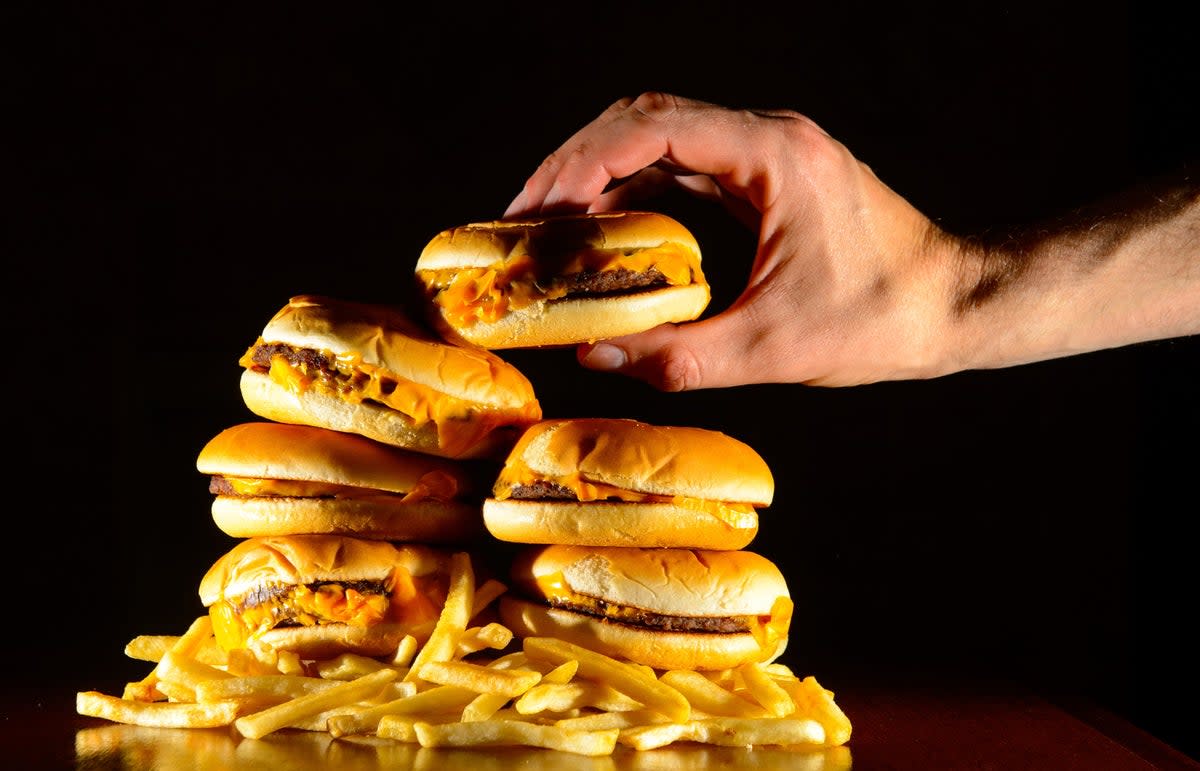Eating ultra-processed food linked to chronic insomnia

Consumption of ultra-processed food is linked to chronic insomnia experienced by nearly two-thirds of adults, according to a new study that may lead to dietary recommendations for better mental health.
The research, published in the Journal of the Academy of Nutrition and Diabetics, found an association between consumption of ultra-processed food and chronic insomnia, independent of other factors like demographics, lifestyle, diet quality, and mental health characteristics.
“At a time when more and more foods are highly processed and sleep disturbances are rampant, it is important to evaluate whether diet could contribute to adverse or good quality sleep,” said lead study author Marie-Pierre St-Onge.
Ultra-processed food contains ingredients that are normally not found in the kitchen such as colouring agents, preservatives, emulsifiers, artificial flavours and other additives.
Previous studies have linked ultra-processed food to a range of diseases such as diabetes, cancer, adverse mental health, and even premature death.
The latest study looks at how processed foods may impact sleep health.
Researchers assessed data collected every six months between 2013 and 2015 from more than 39,000 French adults who completed multiple 24-hour dietary records and provided information on their insomnia symptoms.
They found that participants suffering from chronic insomnia reported consuming more ultra-processed food, accounting for 16 to 20 per cent of their energy intake.
While insomnia risk from consuming processed food was seen in both males and females, it was slightly higher in males, researchers said.
Scientists, however, cautioned that the findings were observational and did not establish a cause-effect relationship.
“While data do not establish causality, our study is first of its kind and contributes to the existing body of knowledge on ultra-processed food,” Pauline Duquenne, another author of the study, said.
Noting the study’s limitations, researchers said the data on sleep was self-reported by participants and there could be possible misclassification of some food items.
Scientists called for future studies to test causality and evaluate association over time.
“This large epidemiological study revealed a statistically significant association between ultra-processed food intake and chronic insomnia, independent of sociodemographic, lifestyle, diet quality, and mental health status covariates,” they said.
“The findings provide insights for future longitudinal research as well as nutrition- and sleep-focused intervention and prevention programmes.”


